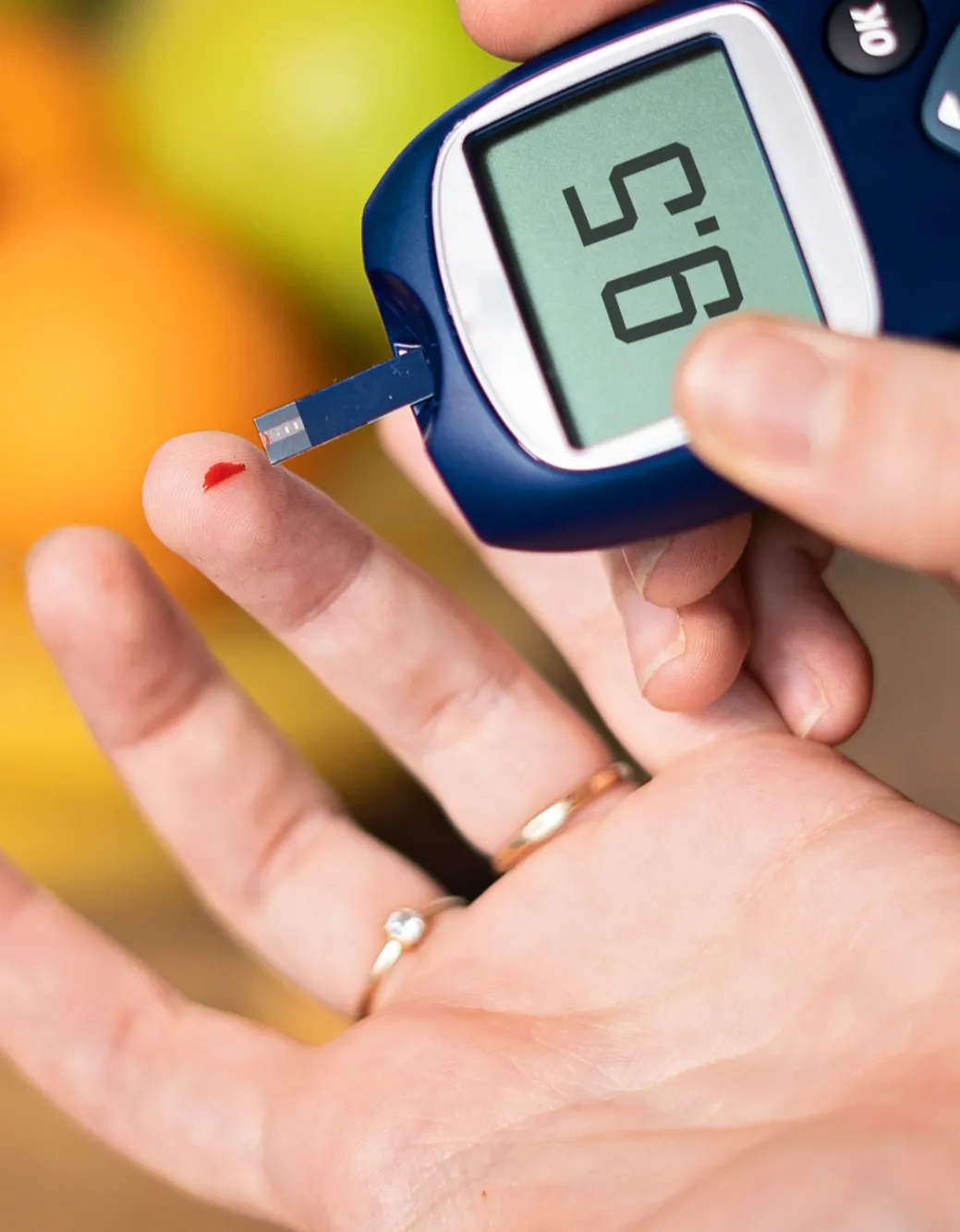29 Mar 2025
Recommended
Minimum 30 mins
Course
Access
Certification
Voiceover

Diabetes Mellitus is a widespread chronic condition affecting millions in the UK, posing significant challenges for both individuals and healthcare providers. Effective blood glucose monitoring is fundamental to diabetes management, reducing the risk of complications and supporting optimal health outcomes.
The Diabetes and Blood Glucose Monitoring course is designed to enhance healthcare professionals' understanding of diabetes management, emphasising the importance of accurate glucose monitoring. It explores the pathophysiology of diabetes, the physiological regulation of blood glucose, and the latest monitoring technologies. The course also examines the interpretation of glucose data to guide evidence-based interventions, encompassing both lifestyle modifications and pharmacological treatments.
By aligning with current UK guidelines, this course empowers professionals to deliver patient-centred care, improve glycaemic control, and support individuals in achieving better health outcomes through education and adherence to effective monitoring practices.

 £20
£20
Learning Outcomes.
By the end of this course,participants will be able:
To understand the pathophysiology of diabetes and its impact on blood glucose regulation.
To identify different types of diabetes and their specific monitoring requirements.
To comprehend the principles and best practices of blood glucose monitoring using various technologies.
To interpret blood glucose data and make evidence-based clinical decisions.
To apply strategies for improving glycaemic control, including lifestyle and pharmacological interventions.
To develop effective communication techniques for enhancing patient education and adherence to monitoring protocols.
Course
Contents.
01
Pathophysiology, diagnosis, and the significance of monitoring in diabetes care.
03
Overview of fingerstick testing, continuous glucose monitoring (CGM) systems, and device selection.
05
Role of insulin, oral hypoglycaemics, and individualised treatment plans.
08
Effective communication to enhance adherence and self-management.

06
Nutrition, exercise, and weight management strategies for glycaemic control.
09
Emerging innovations and their implications for diabetes care.
02
Role of insulin, glucagon, and factors influencing glucose levels.
04
Correct usage, device calibration, and addressing common errors.
07
Analysis of trends and making informed treatment adjustments.
10
Recognising and addressing hyperglycaemia and hypoglycaemia.
This course provides healthcare professionals with a comprehensive framework for managing diabetes through accurate blood glucose monitoring and evidence-based interventions. By focusing on patient-centred care, participants will enhance their ability to interpret glucose data, tailor treatment strategies, and improve glycaemic control in alignment with UK best practices. The course fosters a holistic approach to diabetes care, ensuring better patient outcomes and adherence to monitoring protocols.
 Summary
Summary


